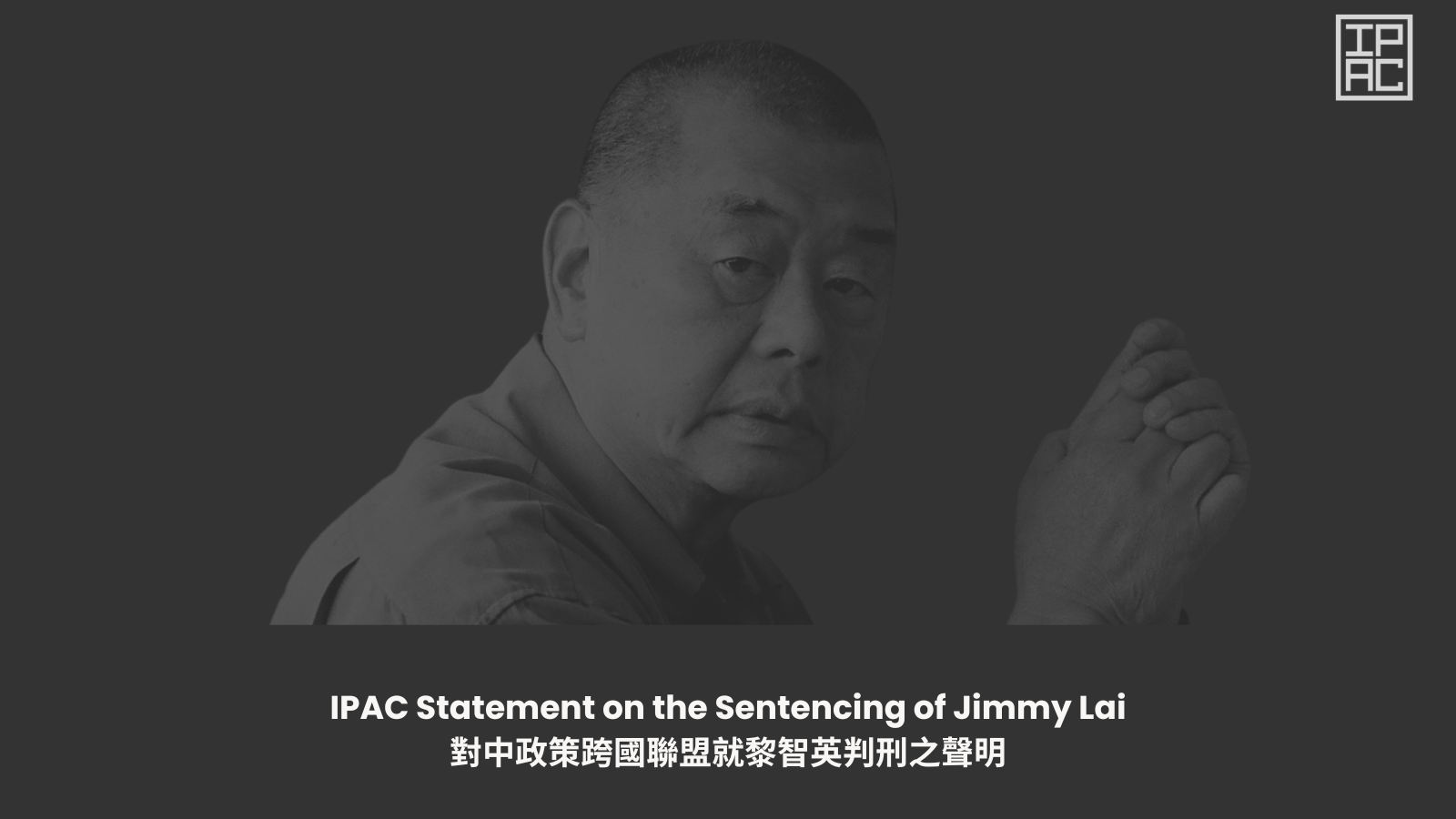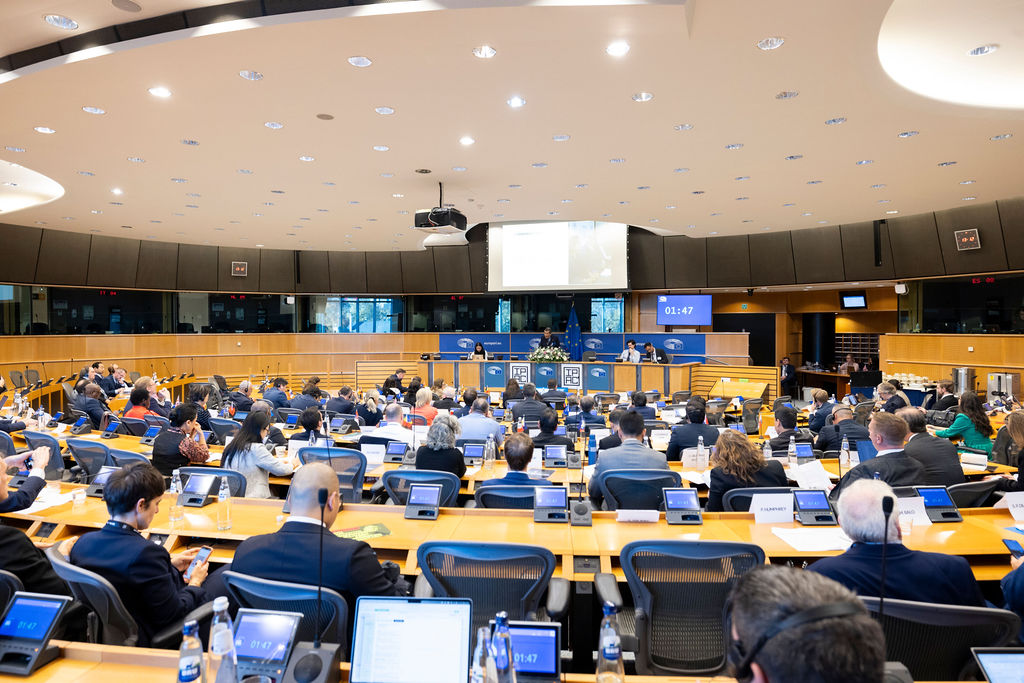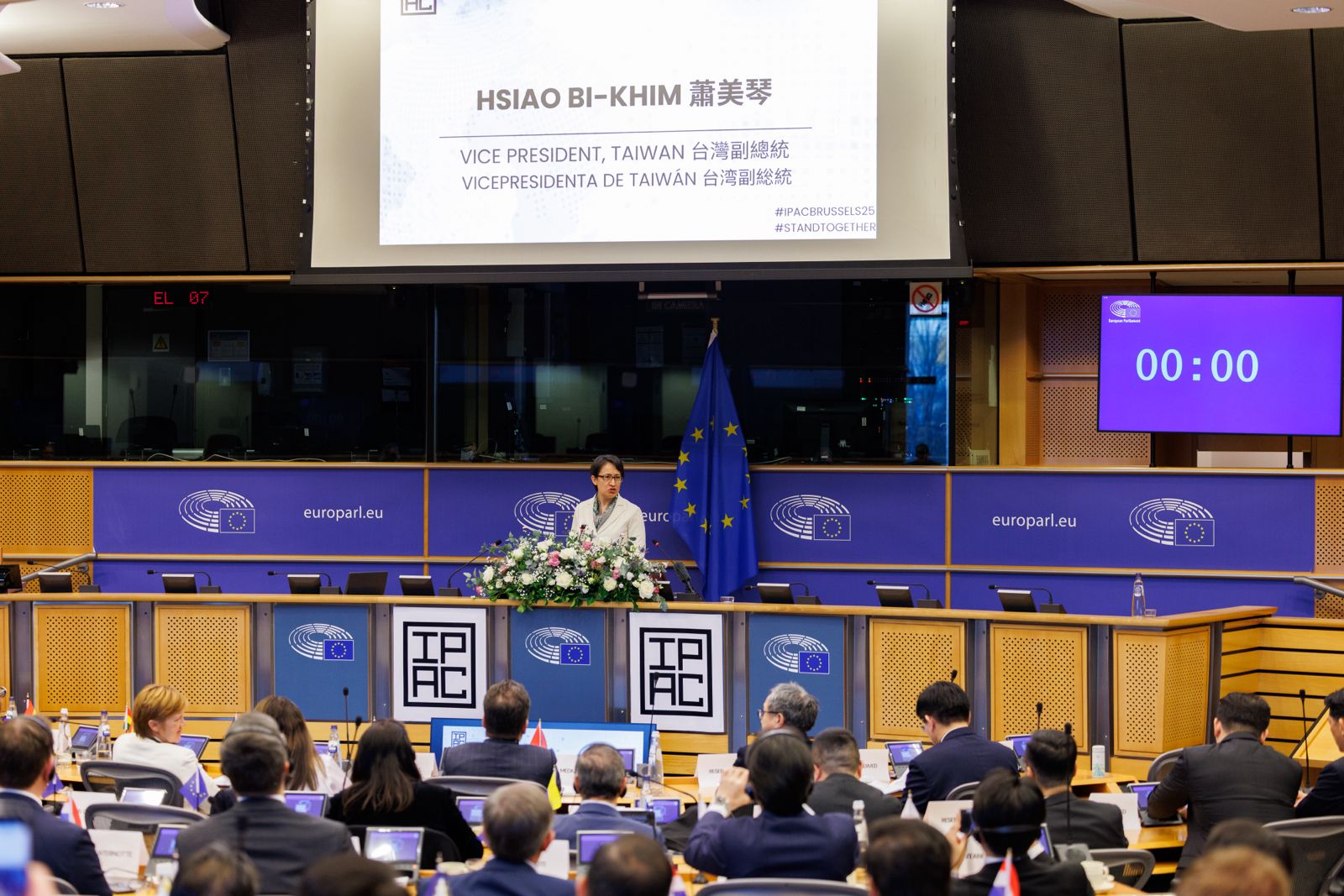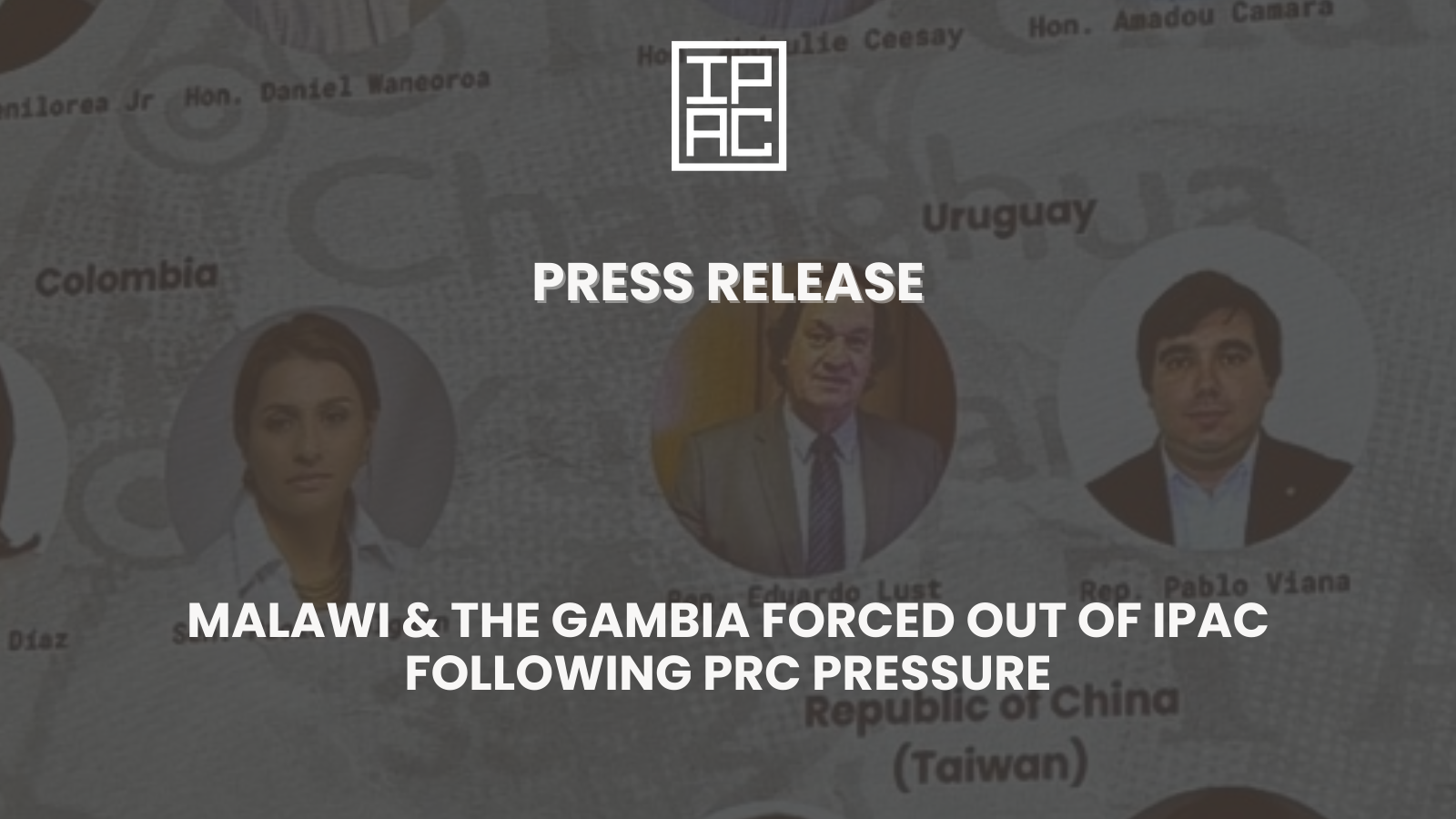Swiss Councillors Back Human Rights Sanctions Bill in Historic First

PRESS RELEASE FOR IMMEDIATE RELEASE 04 MAY 2022
SWISS COUNCILLORS BACK HUMAN RIGHTS SANCTIONS BILL IN HISTORIC FIRST
The Foreign Affairs Committee of the Swiss Federal Council has voted to revise the country’s Embargo Laws to enable targeted financial sanctions against human rights abusers internationally. If successful, these proposals would represent a historic first – with successive Swiss governments having previously shunned human rights sanctions legislation on the grounds of Switzerland’s long standing neutrality.
The Bill was proposed by the Social Democratic Party National Councillor Fabian Molina, a member of the Inter-Parliamentary Alliance on China (IPAC), and was passed by 16 votes to 9 in a vote yesterday. Speaking in support of the proposals, Fabian Molina said:
“In the case of serious crimes against international law, Switzerland must be able to react quickly and impose targeted sanctions on those responsible.”
The Bill will now proceed for further debate in the Committee of the Council of States. If successful, the Bill would give powers to the Federal Council to take measures against persons who participate in violations of international humanitarian law, human rights or other atrocities. Such ‘smart sanctions’ would include measures including asset freezes and could be targeted not only against states but also companies and individuals. Proponents of the Bill have highlighted mass atrocities in Ukraine and the Uyghur Region of China as exemplifying the need for these new powers.
Speaking after the vote, Fabian Molina said:
“From Putin’s war crimes in Ukraine to the Uyghur forced labour camps in Xinjiang, dictators across the world have been abusing human rights with impunity. It is right that the Federal Council should have the power to decide how best to hold abusers of human rights to account globally, including through considering smart sanctions.”
“Switzerland must join with the international community in having the power to impose smart sanctions on abusers of human rights globally. This is in our national interest and it is the right thing to do.”
Notes:
- Further information on the debate can be found on the website of the Swiss Federal Council: https://www.parlament.ch/press-releases/Pages/mm-apk-n-2022-05-03.aspx
- The Inter-Parliamentary Alliance on China (IPAC) is an international cross-party network of legislators working to reform the approach of democratic countries towards China. A full list of IPAC’s 200 members across 23 legislatures is available on our website ipac.global.
- IPAC has worked to support the advancement and implementation of Magnitsky-style human rights legislation across the UK, EU, Australia, Japan, Canada and New Zealand.


.png)
%20(1).png)
.jpg)
%20(1).jpg)
%20(1).jpg)



.png)
.png)
.png)
.png)


.jpg)
.png)

.png)
.png)
.png)

.png)



.png)



.png)








.png)










